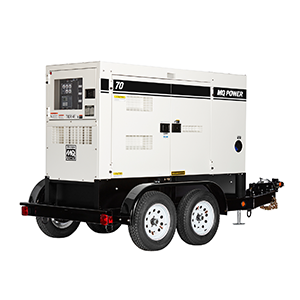Whether this is your first time learning about generators and how they work or you have been using generator power systems for a long time and just need to brush up on your knowledge, this article is a good place to start. You will learn about what a generator power system is, how they work, and what they can be used for.
The Definition of a Generator Power System
Generator power systems are machines that are responsible for generating electricity when power from the local grid is unavailable. One of the most common uses for generator power systems is when there are power outages. The generator power systems then kick in and supply electricity to the business or home that has lost power. The second most common use for generator power systems is for when you are off the grid. This includes anything from camping to farming to mining to working on a construction site. Even if you are near enough to a power grid, there may be instances where the power is not enough for your needs. Or in regards to construction, you could be on a local grid, but its power has not been set up yet at the site because the building is still being built.
There are several main components that every generator power system has. These components include the engine, radiator, alternators, skid/frame, batteries, oil and air filters, and a control panel. The engine is responsible for supplying energy to the generator. The amount of electricity that the generator can provide is based on the amount of energy the engine produces. The alternator takes mechanical energy and converts it to the usable electrical energy. The frame holds all the generator parts together and the control panel is what allows us to control every aspect of the generator operations.
How Generator Power Systems Work
Although generator power systems produce usable electrical energy, they do not actually create electricity. What they do is convert mechanical energy into electrical energy that is then able to be used. This is done by capturing the power of motion and then turning this into electrical energy. In order to do this, the generator forces electrons from the external source through an electrical current. In other words, the generator power systems are just electric motors that work in reverse.
There are many different types of generators that are used for different things. For example, there are large generators that are responsible for taking the power created by water and converting it into electrical energy. These large generators are seen at dams. Other generator power systems are smaller and they rely on traditional power sources, such as gasoline, diesel, and propane in order to create mechanical energy that can be forced through the electrical current.
Renting the Perfect Generator Power System
As you can tell by the brief mention of generators at dams, not all generator power systems can be rented. Some are fixated in place and will remain there for extended periods of time. But, for the most part, you can rent the perfect generator power system for your needs. The best way to go about this is by contacting us at Allied Rental Company. When you describe to us what your needs are, we are able to guide you toward the best generator for you to rent.

